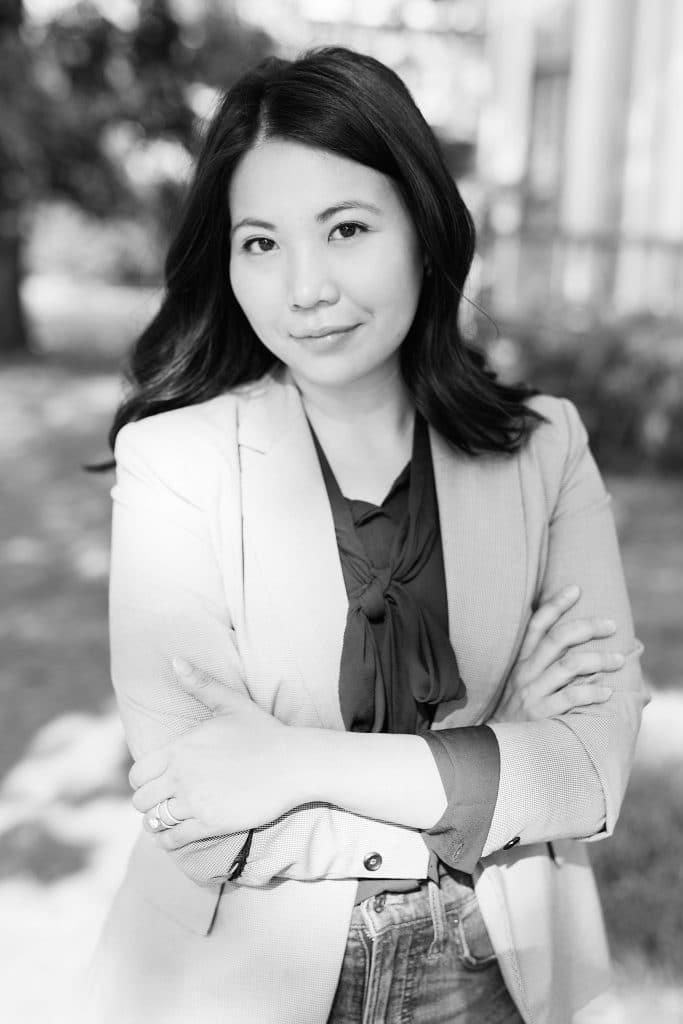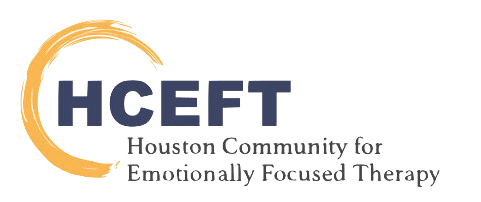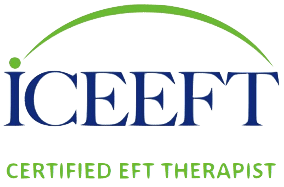ABOUT
Culturally Competent
+
Specialized care
I deeply understand the struggles you may be facing, and I am committed to helping you find growth and healing.
A Chance for Hope + Healing
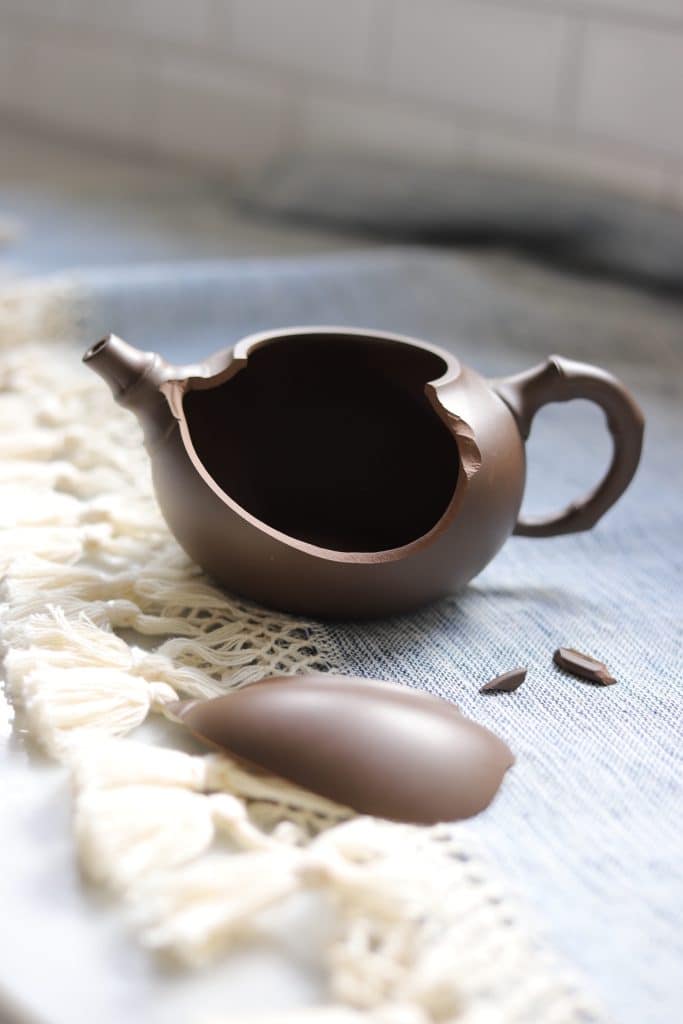
Have you ever heard of the Japanese art of Kintsugi?
It is an artistic way of mending broken pieces of pottery and ceramics by using lacquered gold to bond its pieces back together.
I think about this in how people can feel so broken at times.
◊
I grew up in Southeast Texas as the oldest daughter in a first-generation Filipino immigrant family. I felt (and still feel, TBH) the weight of my parents’ dreams and struggles. I found myself navigating the delicate balance between honoring their sacrifices and grappling with my own identity and expectations. The emotional toll was immense—living between two worlds, each with demands and disappointments.
My parents faced significant marital and parental challenges, all while feeling isolated in rural Texas and navigating and adjusting to American culture. They did not know where to begin on how to repair and communicate effectively with one another when the impact of these challenges arose. My parents’ struggles exposed me to the challenges of unresolved emotional conflicts and their ripple effect on all relationships. I saw how unmet needs and emotional misunderstandings could strain connections. Of course, they tried their best.
Emotions were not something we were afraid of in our home. I saw moments of mistrust and frustration between my parents but experienced joy and comfort when we were truly present with one another. This came in the form of food and celebration filled with singing and dancing. In the polarity of these experiences, I wanted to examine how people learned to repair after distress. Most importantly, I wanted to find a way to help those who never learned to repair or recover successfully from conflicts. My family’s journey, marked by resilience amidst struggling with life’s challenges and the unique hardships many immigrants face, is a testament to the human spirit. These experiences profoundly influenced my own understanding of emotions, identity, and relationships.
As I began my work as an Emotionally Focused Therapist, I discovered a transformative tool for my own healing journey. EFT, with its unique approach and profound impact, just made sense to me.
Emotionally Focused Therapy reshaped how I approached the way I saw myself and my family in all of their beliefs and behaviors as a result of their past emotional experiences. It offered me a framework to understand the patterns passed down through my family and provided a path to healing. By exploring and addressing the unmet needs and vulnerabilities underlying these patterns, I began to break free from the cycles of pain that had shaped my upbringing.
I understand firsthand the complexities of bridging cultural gaps, the weight of familial expectations, and the nuances of healing from past wounds.
My journey has given me a deep empathy for those I work with, a quality that is at the heart of my practice.
Frequently Asked Questions
In your first session, we’ll discuss your current concerns, goals for therapy, and any relevant background information. This initial meeting helps us understand your needs and build a foundation for our work together. It’s also a chance for you to ask any questions and get a feel for our working relationship.
Online therapy is conducted via secure video conferencing platforms, allowing you to attend sessions from home. It offers flexibility and convenience while maintaining the same level of confidentiality and support as in-person sessions.
Virtual therapy is highly effective and convenient for many clients. Here’s why:
- Virtual therapy offers unparalleled convenience. You can attend sessions from the comfort of your home or any location that suits you, saving time and eliminating travel-related stress.
- Flexibility: Virtual therapy offers flexibility in scheduling, allowing you to fit sessions into your busy life more easily.
- Privacy: Virtual therapy provides a confidential space to discuss sensitive issues without needing a physical office visit.
Research supports that virtual therapy is as effective as in-person therapy for many types of therapeutic work, including Emotionally Focused Therapy (EFT). The therapeutic relationship and process remain intact, and you can still benefit from the same high-quality support and guidance, providing you with the confidence you need in your therapy journey.
Preparing for a virtual therapy session is straightforward:
- Choose a Private Space: Select a quiet, private location where you won’t be interrupted during your session.
- Test Your Technology: Before the session, ensure your internet connection, camera, and microphone are working correctly.
- Be on Time: Log in to your therapy platform a few minutes before your scheduled session to address any technical issues if they arise.
Please let me know immediately if you encounter technical issues during your virtual session. We can troubleshoot the problem or reschedule the session if needed. Ensuring you have a stable internet connection and updated software can help minimize technical disruptions.
Emotionally Focused Therapy (EFT) is a research-based approach that strengthens emotional bonds in relationships and addresses unresolved issues. It can help couples and individuals looking to enhance their emotional connection and resolve relationship difficulties.
Trauma-informed therapy recognizes the prevalence and impact of trauma on an individual’s life. It emphasizes creating a safe, supportive environment and understanding how past experiences influence current behavior. This approach helps clients feel more comfortable and understood as they work through their challenges.
Intergenerational trauma refers to the transmission of trauma across generations, impacting how individuals perceive themselves and relate to others. Understanding this dynamic can help you address deep-seated issues and break harmful patterns affecting your relationships and well-being.

The Process
Just as a Kintsugi artist who uses lacquered gold to repair fractures, I use the research-driven and empirically validated practice of Emotionally Focused Therapy (EFT) as a structured roadmap to help you heal from the trauma of disjointed and inconsistent connections.
◊
My experiences have equipped me with a deep empathy for clients struggling with relationship difficulties. I understand the weight of unresolved conflicts and their impact on your sense of security and intimacy. This empathy is not just a part of my approach; it’s the foundation that allows me to deeply connect with you, ensuring you feel sincerely understood and cared for.
For couples, EFT provides a structured framework to address and transform patterns of interaction that contribute to conflict and disconnection. Focusing on emotional responses and fostering open communication, EFT helps you rebuild trust and strengthen your connection. My role is to facilitate this process, supporting you in developing new ways of relating to one another and addressing the emotional needs that underlie your interactions.
For individuals facing personal challenges, whether stemming from family dynamics, cultural adjustments, or other sources of stress, I offer valuable insight into understanding and managing emotions. My therapeutic process can help you explore how your emotional experiences influence your relationships and provide tools for building healthier emotional responses and connections.
I aim to address your immediate concerns and empower you with the skills and insights needed for long-term emotional resilience and relationship satisfaction. Everyone has the capacity for growth and healing, and my mission is to support you in unlocking that potential and fostering a sense of hope and optimism in your journey, helping you feel hopeful about your future.
Whether dealing with relationship difficulties or personal emotional challenges, I am deeply committed to helping you create a richer and more fulfilling life.

Your journey into relationship therapy using an EFT approach helps you understand and express your feelings in a way that fosters connection and trust, which is crucial for building strong, healthy relationships.
This vulnerable and new way of communicating ultimately leads to satisfaction, intimacy, and trust in yourself and your relationships. It goes to the heart of some of the difficult and sometimes scary questions you may ask yourself in moments of distress: “Why do I feel so alone all the time?”, “Why do I push people away when I want to be close?”, “When will my partner finally understand/value/choose me?”, “Am I ever going to be good enough?”
My Approach
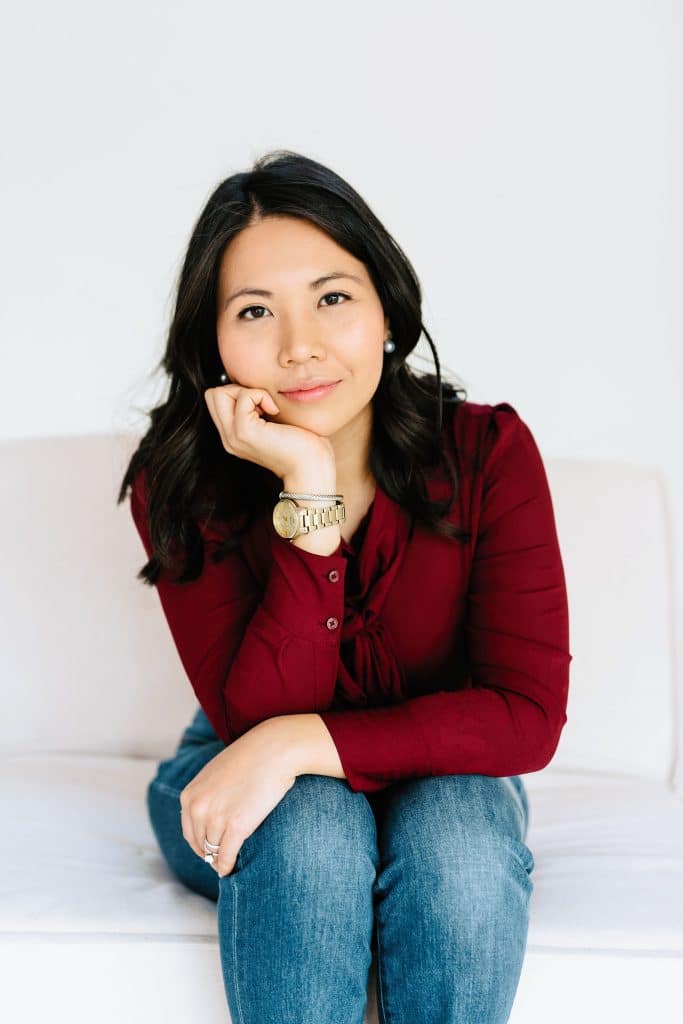
EFT, in itself, is interactive, exploratory, and collaborative. I’m also not the type to do much head-nodding and only observing from a distance. I am right there alongside you, guiding you through some of your toughest emotional and mental roadblocks.
I like to use all the parts of your stories – the hurt, the anger, the joy – to help you gain an understanding of yourself and your partnerships. I believe that you are the expert in knowing your unique experiences, and I trust you have very good reasons for doing the things you do. I will assist you in finding aspects of your stories that you usually don’t pay attention to (or maybe don’t want to pay attention to).
In our sessions, we’re going to keep collaborating. I encourage you to correct me as we go along to ensure you feel understood.
When you come in for a session, I will guide you on how to resolve the pain and hurt by getting out of your negative cycles of interaction. Then, we will work together to replace this cycle with corrective bonding moments that address your needs, fears, and longings to create a more secure connection.
You can be put back together again, just like the Japanese art of kintsugi, or “golden joinery.” Sometimes in the process of repairing things that have broken, we create something stronger, more beautiful, and more resilient.
Professional Affiliations + Education
I have always had an interest in finding out how to make relationships more meaningful and what can be done to make them last. I began this work as an undergraduate coding for a research study observing hundreds of recordings of couples arguing in moments of distress at Baylor University’s Couple Conflict Research Laboratory. My interest in relational work continued to grow, so I explored the dynamics of relationships while working at M.D. Anderson Cancer Center. Part of my job was conducting interviews with breast cancer patients and their spouses to study the effects of stressful arguments on recovery and healing. My clinical experience also includes working with highly volatile couples in a psychiatric hospital in inpatient and outpatient settings. Prior to opening my practice, I worked at Eddins Counseling Group, a premier private practice, for almost five years working as a specialist in relationships between couples and families.
I continue to recognize the power of closeness and meaningful connection and how it can heal painful experiences related to grief, betrayal, and detachment.
I am a Certified EFT Therapist awarded by the International Centre for Excellence in Emotionally Focused Therapy, which is considered the gold standard in scientific research and treatment for couples and relationship therapy. I belong to the Houston Community for Emotionally Focused Therapists (HCEFT), the Houston Group Psychotherapy Society (HGPS), and the Texas Counseling Association (TCA). I am a Licensed Professional Counselor approved by the State Board of Examiners of Professional Counselors to practice psychotherapy in Texas. I have a Master’s degree in Counseling from the University of Houston and a Bachelor’s degree with a double major in Psychology and Sociology from Baylor University.
